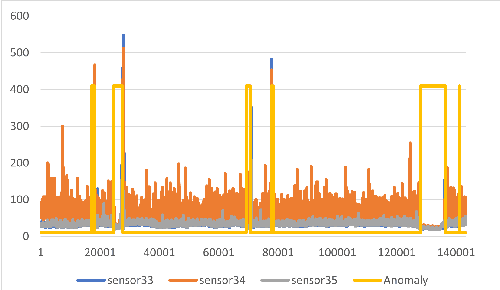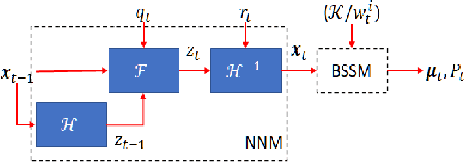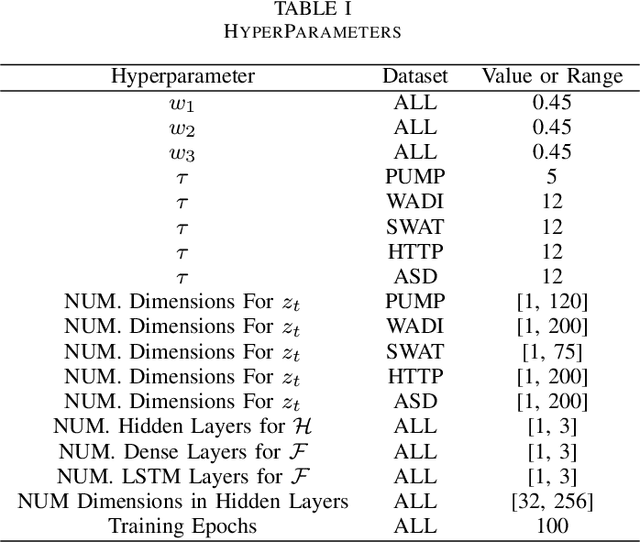Samuel Lin
University of Arkansas, Fayetteville
Confucius Code Agent: Scalable Agent Scaffolding for Real-World Codebases
Dec 20, 2025Abstract:Real-world software engineering tasks require coding agents that can operate over massive repositories, sustain long-horizon sessions, and reliably coordinate complex toolchains at test time. Existing research-grade coding agents offer transparency but struggle when scaled to heavier, production-level workloads, while production-grade systems achieve strong practical performance but provide limited extensibility, interpretability, and controllability. We introduce the Confucius Code Agent (CCA), a software engineering agent that can operate at large-scale codebases. CCA is built on top of the Confucius SDK, an agent development platform structured around three complementary perspectives: Agent Experience (AX), User Experience (UX), and Developer Experience (DX). The SDK integrates a unified orchestrator with hierarchical working memory for long-context reasoning, a persistent note-taking system for cross-session continual learning, and a modular extension system for reliable tool use. In addition, we introduce a meta-agent that automates the synthesis, evaluation, and refinement of agent configurations through a build-test-improve loop, enabling rapid adaptation to new tasks, environments, and tool stacks. Instantiated with these mechanisms, CCA demonstrates strong performance on real-world software engineering tasks. On SWE-Bench-Pro, CCA reaches a Resolve@1 of 54.3%, exceeding prior research baselines and comparing favorably to commercial results, under identical repositories, model backends, and tool access.
BSSAD: Towards A Novel Bayesian State-Space Approach for Anomaly Detection in Multivariate Time Series
Jan 30, 2023



Abstract:Detecting anomalies in multivariate time series(MTS) data plays an important role in many domains. The abnormal values could indicate events, medical abnormalities,cyber-attacks, or faulty devices which if left undetected could lead to significant loss of resources, capital, or human lives. In this paper, we propose a novel and innovative approach to anomaly detection called Bayesian State-Space Anomaly Detection(BSSAD). The BSSAD consists of two modules: the neural network module and the Bayesian state-space module. The design of our approach combines the strength of Bayesian state-space algorithms in predicting the next state and the effectiveness of recurrent neural networks and autoencoders in understanding the relationship between the data to achieve high accuracy in detecting anomalies. The modular design of our approach allows flexibility in implementation with the option of changing the parameters of the Bayesian state-space models or swap-ping neural network algorithms to achieve different levels of performance. In particular, we focus on using Bayesian state-space models of particle filters and ensemble Kalman filters. We conducted extensive experiments on five different datasets. The experimental results show the superior performance of our model over baselines, achieving an F1-score greater than 0.95. In addition, we also propose using a metric called MatthewCorrelation Coefficient (MCC) to obtain more comprehensive information about the accuracy of anomaly detection.
 Add to Chrome
Add to Chrome Add to Firefox
Add to Firefox Add to Edge
Add to Edge